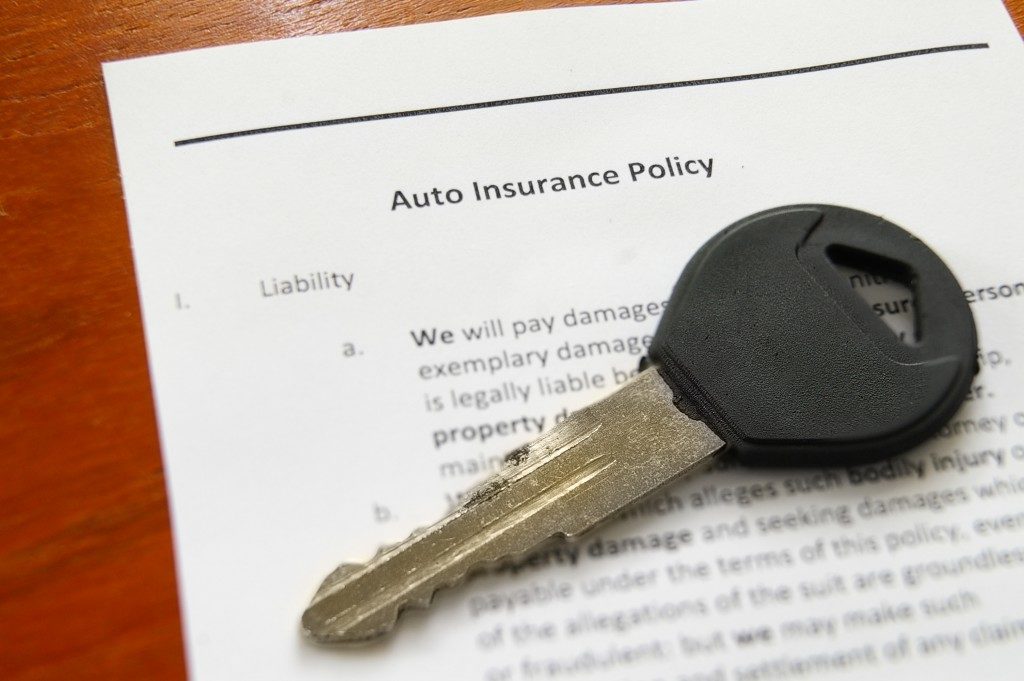If you are an average Illinoisan, you probably do not know what insurance scores are. If you have heard of them, you are likely not familiar to what they represent. Since these three-digit numbers are key to finding cheap auto insurance in Addison or anywhere else in Chicagoland, it is imperative to advance your knowledge of them before you start rate shopping.
For starters, let us dispel some of the most common misconceptions about auto insurance scores.
They Are Your Credit Scores
Most of us know FICO scores, but to think that they are the same as insurance scores is a mistake. Credit scores and auto insurance scores are distinct mathematical equations designed to predict two different future behaviors. The former aim to guess your capacity to repay a loan while the latter intend to forecast your likelihood of filing a claim.

Although they use two unique scorecards, credit scores are usually factored into auto insurance scores. In other words, you are chances of paying for a lower premium are higher if you have high FICO scores. According to a report, drivers can save an average of 17% in premiums annually if they move up from one credit score range to another.
They Are Calculated Using a Universal Formula
Like creditors, auto insurers usually have their own scorecards. That is why it is practically impossible to know where your qualifications stand among auto insurance companies.
Furthermore, some states do not allow the use of credit information when pricing insurance products. Hawaii is a prime example. The Aloha State restricts companies from basing insurance rates on reports from credit bureaus.
Unfortunately, credit-based insurance scores are allowed in Illinois. Nevertheless, the Prairie State has strict rules in place to prevent unfair practices. Auto insurers need to report scoring models with the state department of insurance and must recalculate credit scores after three years.
In addition, Illinois also requires insurance companies to give consumers who experience extraordinary life events an exception to the risk score. Loss of employment, divorce, and death of a spouse are some of the situations where consumers must receive a friendlier auto insurance score.
They Solely Determine Consumer Premiums
Your three-digit car insurance score is just one of the many factors that can drive up or bring down your premium. Generally, an auto insurance company also considers your driving record, vehicle, coverage, age, gender, location, marital status, and commuting routine when assessing your risk as a customer.
They Can’t Be Checked
Like your credit scores, you can actually find out about your auto insurance scores before asking quotes from insurance companies. Credit-reporting agencies like TransUnion allow you to review your auto insurance score beforehand.

Whether or not you find out what your auto insurance scores are exactly, you do not have to be aware of them to make sure you are in good standing before shopping around. As a general rule, you can just do anything that increases your FICO scores to appear as a less risky customer in the eyes of auto insurers.



